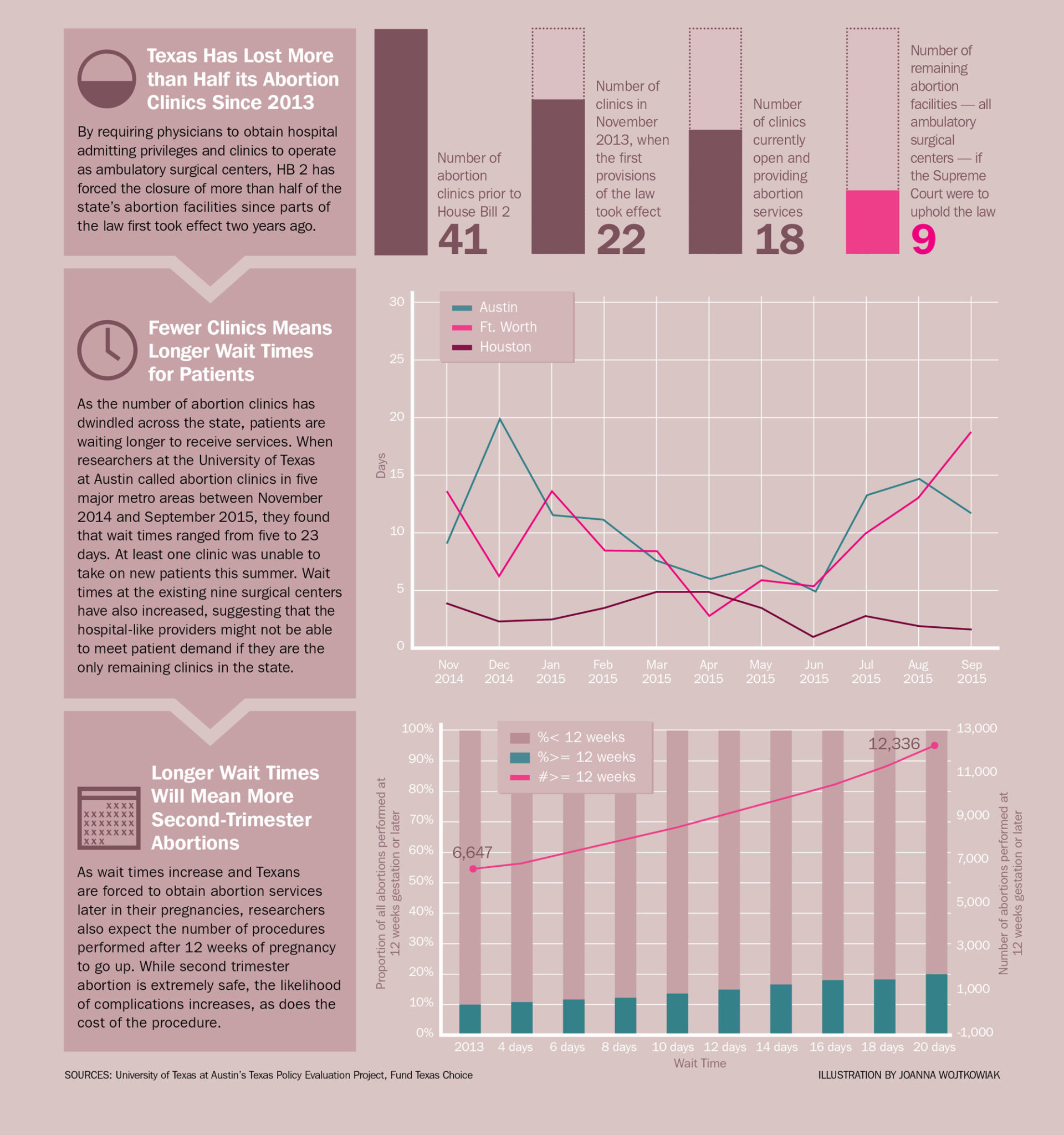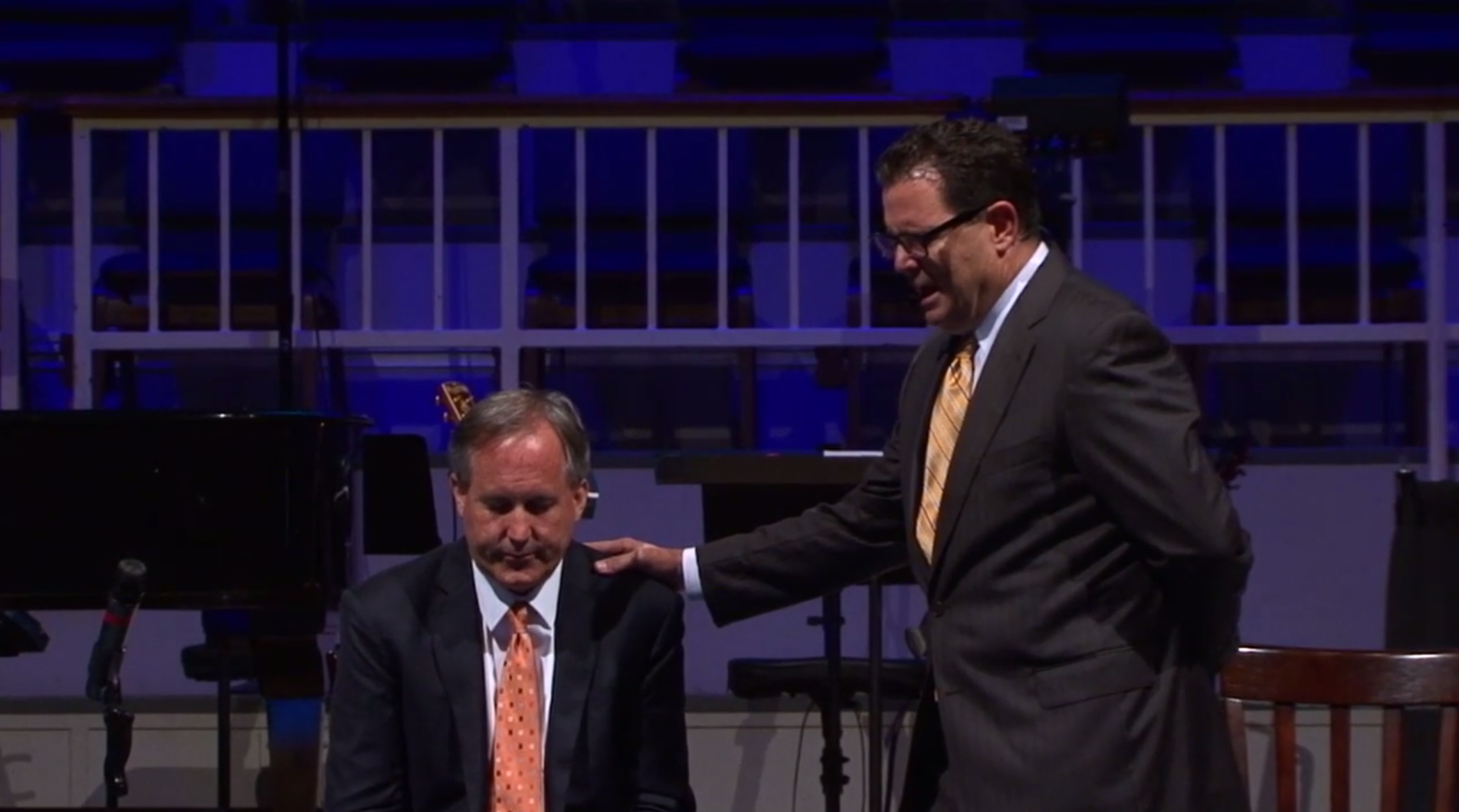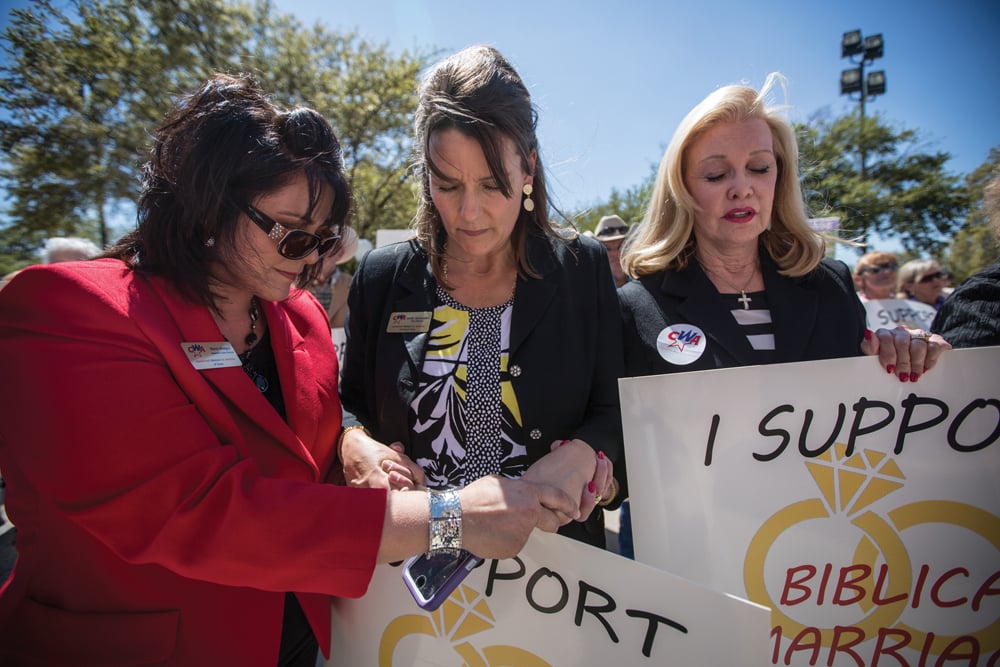Defying Senate, House Votes to Preserve Institution for Intellectually Disabled

Above: The Austin State Supported Living Center
After several lengthy delays for back-room negotiation, the House passed a bill Saturday night that would restructure the Department of Aging and Disability Services, but only after removing a controversial provision to close an Austin institution for the intellectually disabled.
Senate Bill 204 by Sen. Juan “Chuy” Hinojosa (D-McAllen), as passed by the Senate, would close the Austin State Supported Living Center, one of 13 state-run institutions for people with intellectual disabilities, in 2017. The measure would also create a commission to identify other centers for later closure.
Closing the Austin facility would have been a major development in a long-running debate between advocates who say state-run institutions are an outdated model for care, and family members who would struggle to find a new home for loved ones who’ve been living at the center.
But a last-minute amendment by Rep. Susan King (R-Abilene) excised any mention of closure. The move drew praise from a group of residents’ relatives who have vehemently opposed shuttering the institution.

“It makes me cautiously optimistic,” said Liz Belile, whose sister lives in a state-supported living center. “I think we are at the beginning of a turn in the tide, possibly. Hopefully. We are seeing that shutting down institutions without preparing the community is proving disastrous.”
Citing high costs and a declining number of residents, the Texas Sunset Advisory Commission, which evaluates other state agencies, issued a report last year that recommended closing the Austin center.
“Despite transitioning many residents into the community, Texas has not closed a facility since the 1990s. With the cost to taxpayers growing unsustainably, the State must close some of the most problematic centers,” the report states.
Central Texans must have a facility to house our most vulnerable, disabled citizens, Workman argued, and closing the center is not “the panacea some say it is.”
Texas is not the only state moving people from large institutions to community-based settings. Between 1965 and 2009, the number of Americans with intellectual disabilities in state institutions declined by 85 percent. Many advocates have heralded deinstitutionalization, saying that smaller community settings foster independence.
But some residents’ relatives say they’re more wary of the level of care in privately run group homes. Last fall, a 24-year-old autistic man wandered from a privately run group home in South Austin and was killed by a neighbor as he tried to enter his house.
Citing that case, Rep. Paul Workman (R-Austin) was an outspoken opponent of closing the Austin living center during debate yesterday. Central Texans must have a facility to house our most vulnerable, disabled citizens, Workman argued, and closing the center is not “the panacea some say it is.”
An amendment by Workman would have delayed closing the center by two years, but King’s last-minute amendment rendered it moot. House members voted overwhelmingly, 127-10, in favor of King’s measure to remove any mention at all of closing the facility.
Following Saturday’s vote, Senate and House members will negotiate their differences in conference committee within the next week—so for now, the future of the Austin living center remains uncertain.


